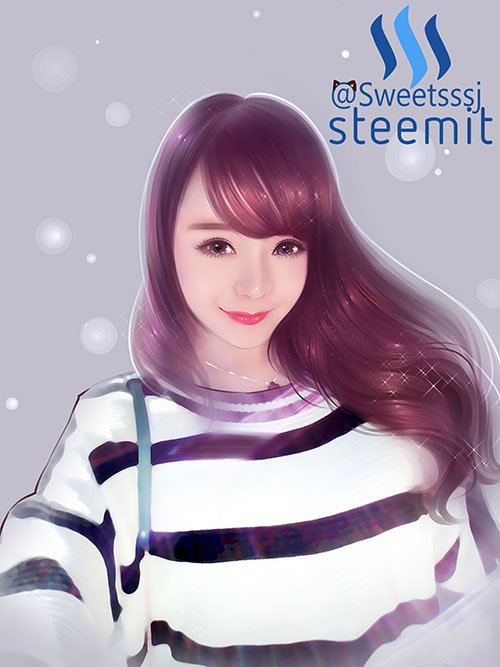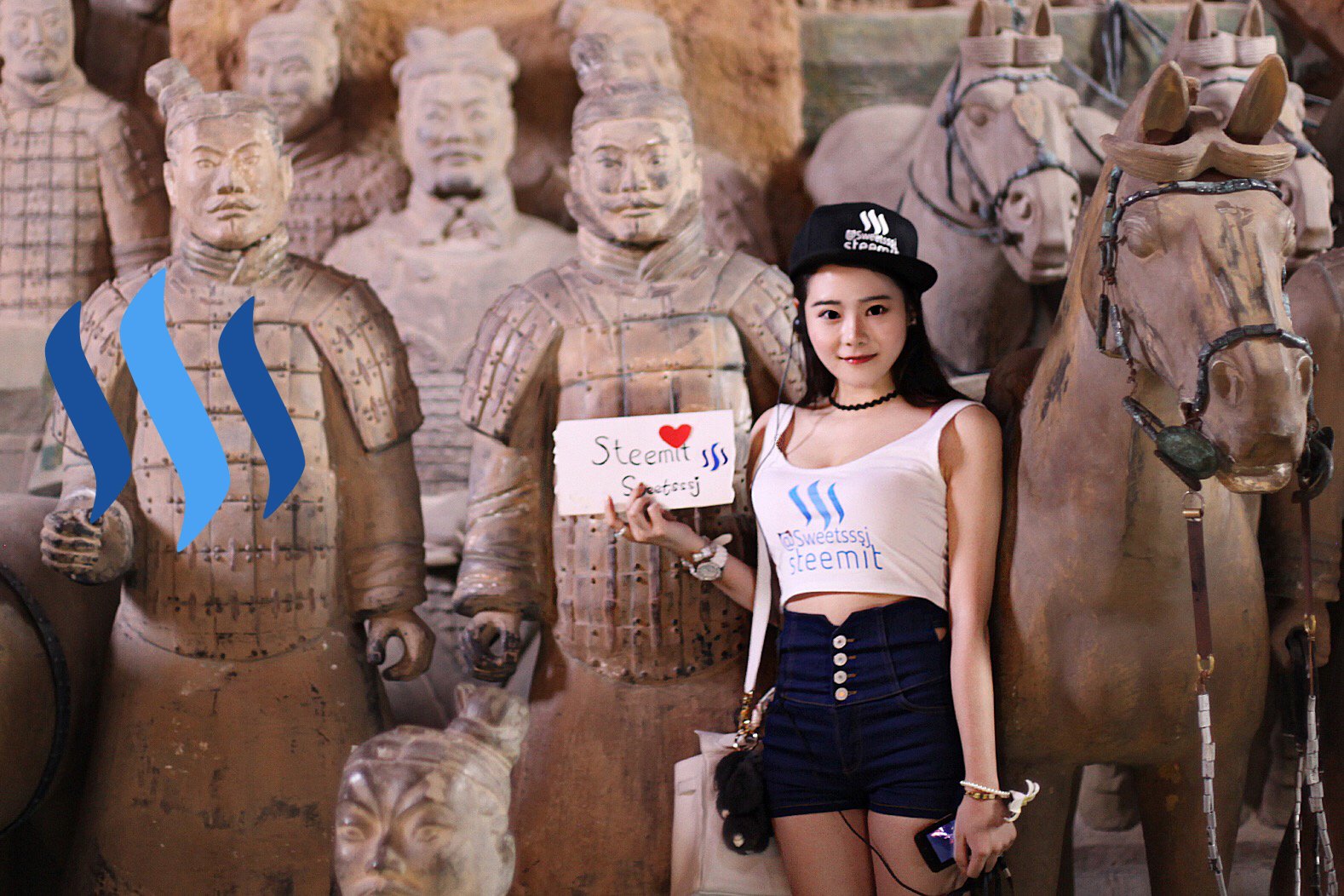
 > >
Hello Steemit! Today, the 8th wonder of the world will be paid a visit by Steemit. Have you ever heard of the saying "If you didn't visit the Pyramids, you didn't really visit Egypt. If you didn't visit the Terracotta Army, then you didn't visit China." So, lets pay a virtual visit to the Mausoleum of the First Qin Emperor.
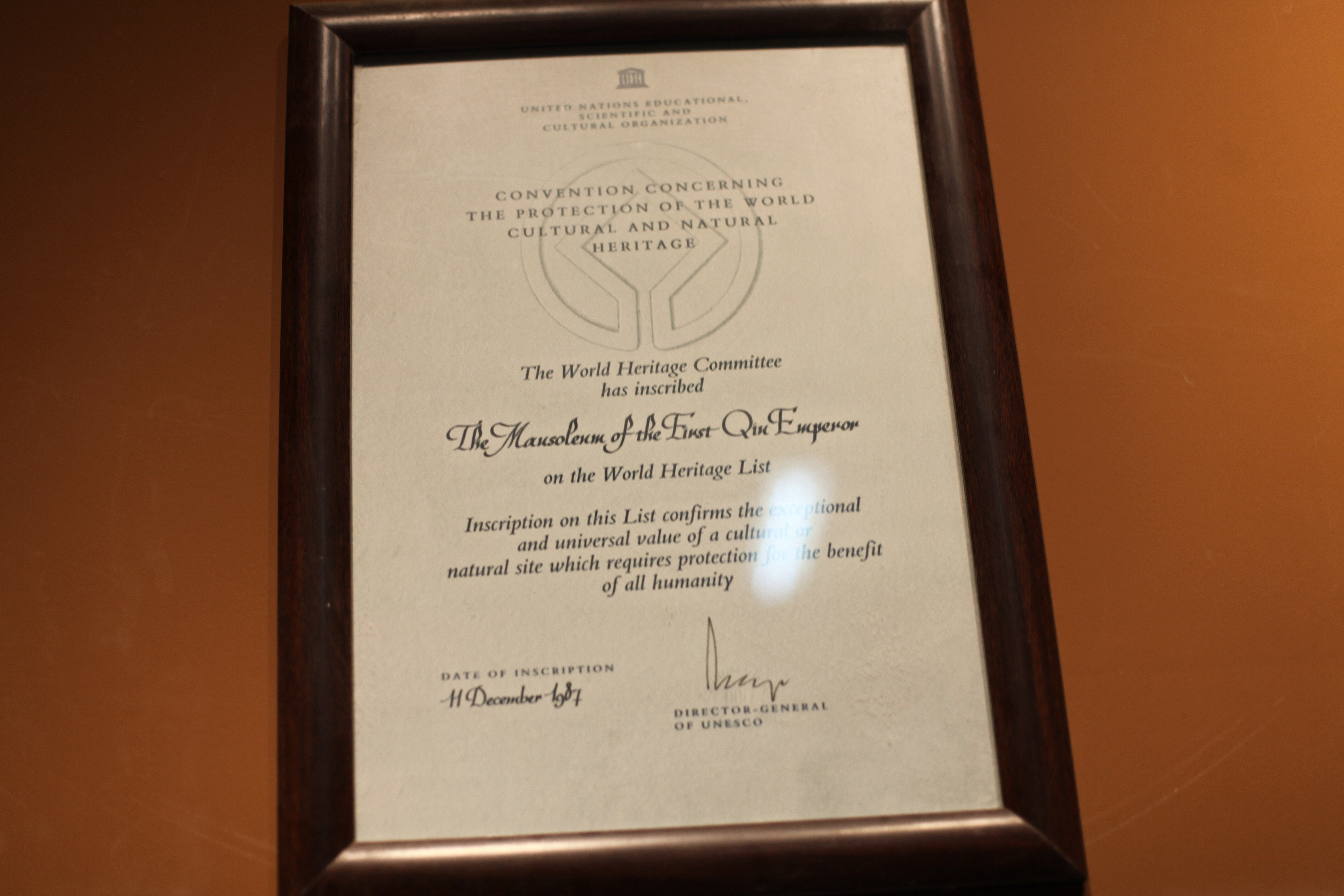
In 1987, The site of the Mausoleum of the First Qin Emperor and the Terracotta Army was listed by UNESCO as a World Cultural Heritage Site.
Why excavate The Ancient emperor's tomb?
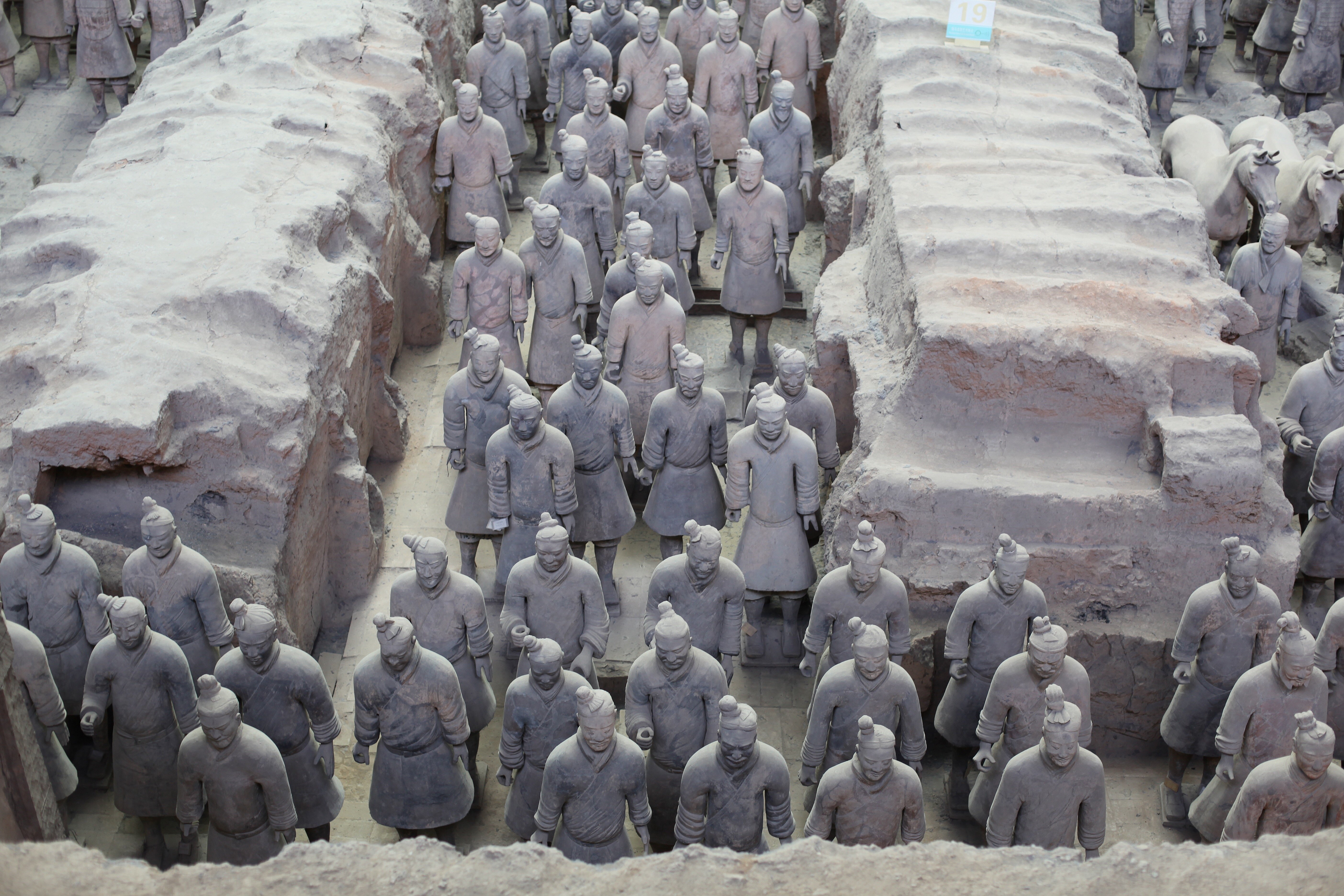
Qin Emperor's Mausoleum is the Largest tomb in all of China and much attention has been put into preserving the layout of the imperial tombs. Due to excavating standards being below par, till recent history, there was no decision made to excavate the Mausoleum, it was believed that the relics were better preserved below ground rather than above it. The soldiers and horses located in the vicinity of the tomb represent the intention to protect the Emperor in his next life. The Soldiers were actually moved to above ground due to an unexpected accident..
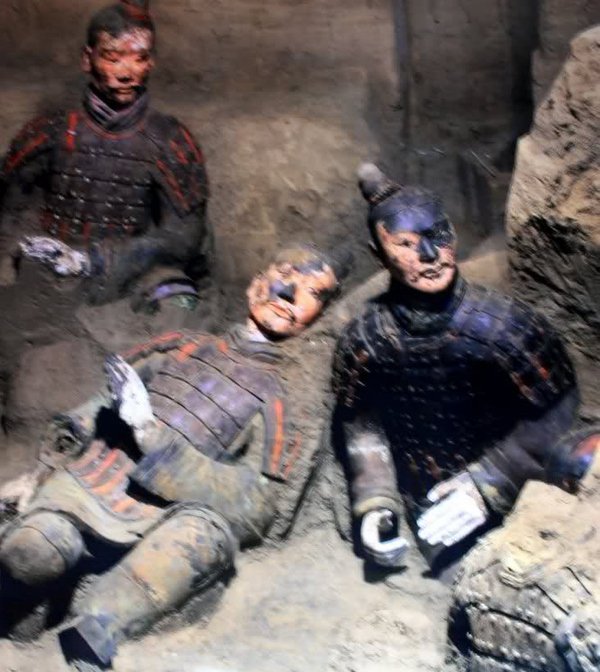
Source.
On March 29th, 1974, Shaanxi Province experienced a drought. A farmer who was digging a well to fetch water found fragments of Terracotta. When the first Terracotta soldiers were excavated, they retained much of the original colours that were painted on them, the colours were vivid and made them seem very real. Unfortunately, due to contact with the air, the Terracotta Soldiers lost their colour very quickly as a result of oxidation. To this day, the pigments used for the colouring of the soldiers remain a mystery. However, experts analysis has found some evidence of barium copper silicate, despite this being unavailable in the natural surroundings
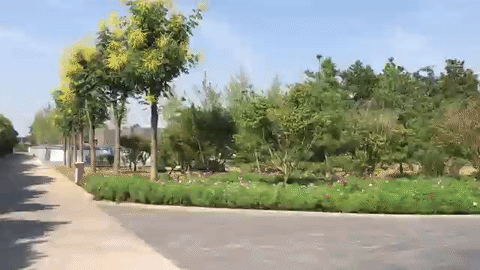
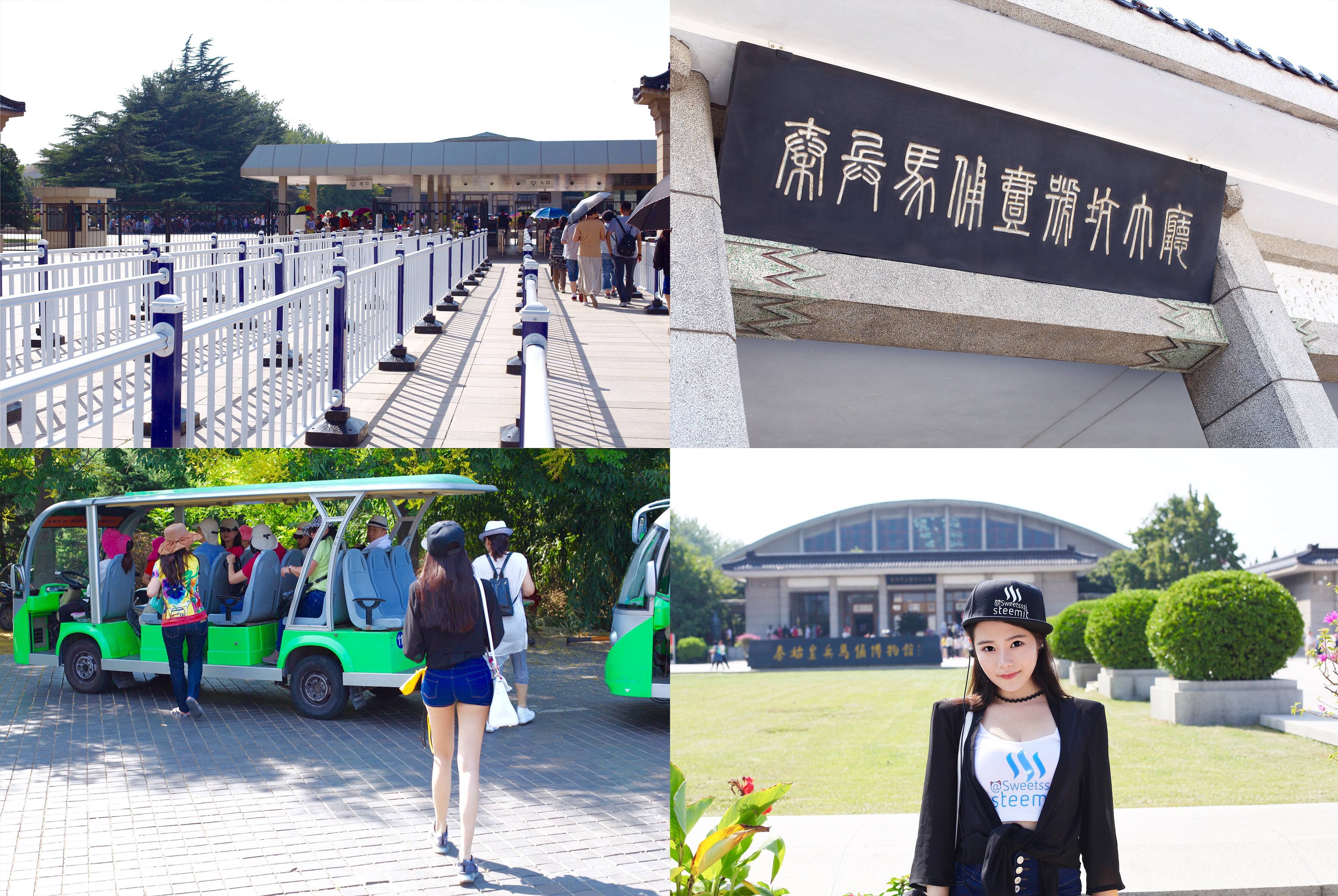
To avoid further damage to the Terracotta Warriors, archaeologists decided to commence excavation. The area surrounding the pits was then covered with a building which today functions as the main museum. It takes about 30 minutes from down town Xi'an to get to the site and upon arrival, you'll realise the whole site is very large in area. The distance from the main entrance to the museum is several kilometers, so to avoid the blistering heat, I boarded a sightseeing car which shuttles visitors between the entrance and the museum. The sun on this day was very bright making the scenery extra beautiful.
The characters on the entrance are very beautiful, but are not the Chinese characters we use today. They are ancient characters used in the Qin Dynasty period. I don't recognise any of them. The Chinese recognise Qin Dynasty as an important era because until then, China was divided into several regions. Emperor Qin, unified these regions to form the China we know today, along with it, he enforced a unifying standard of writing. After thousands of years and continued development and evolution, the characters have become the standard Chinese characters used today.
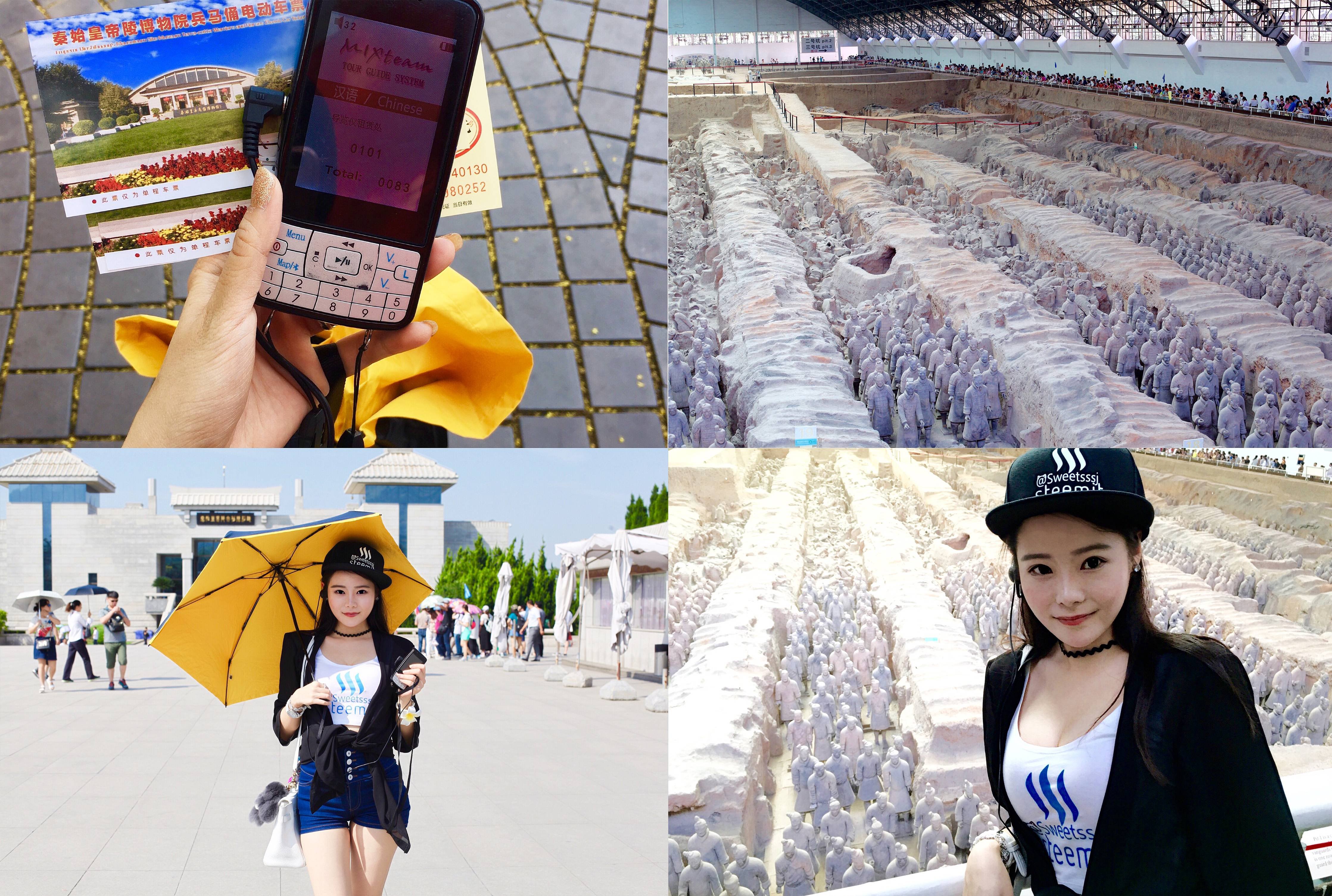
I rented a virtual tour guide hearing aid which explains all of the main relics in detail. It even recognises as you move from one area to the next, automatically explaining the wonders before you as you walk by. I was really anxious to get inside and see the displays so I made my way to Museum No.1 with no hesitation.
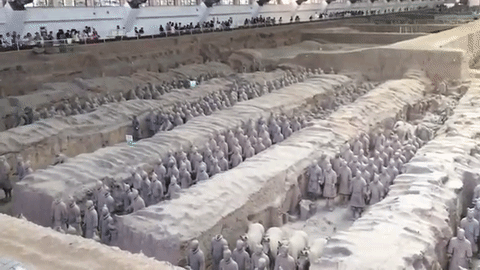
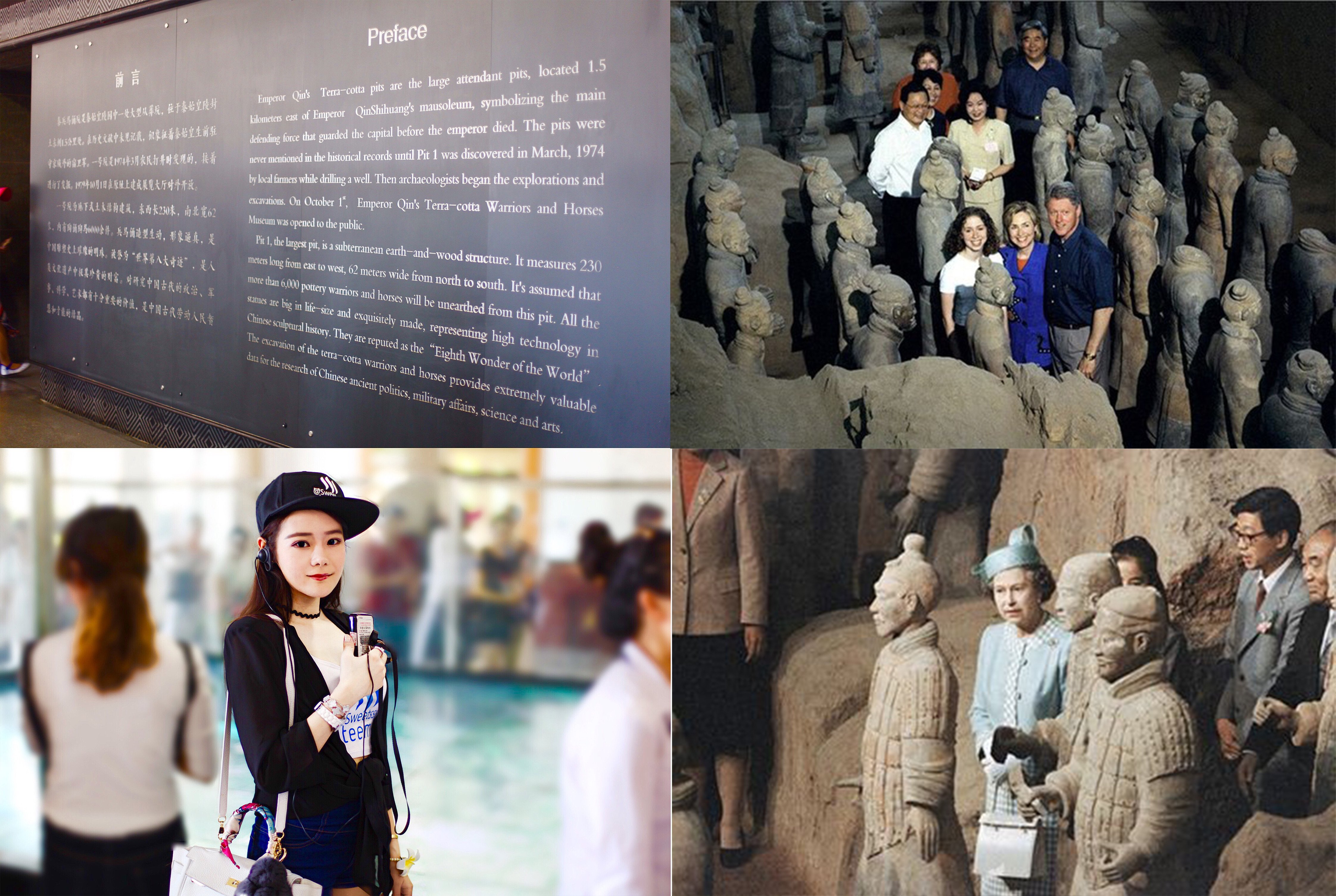
Over 200 national leaders have visited this museum before. On the right, is former US President, Bill Clinton, and Queen Elizabeth II.
Are these Terracotta Warriors fake?
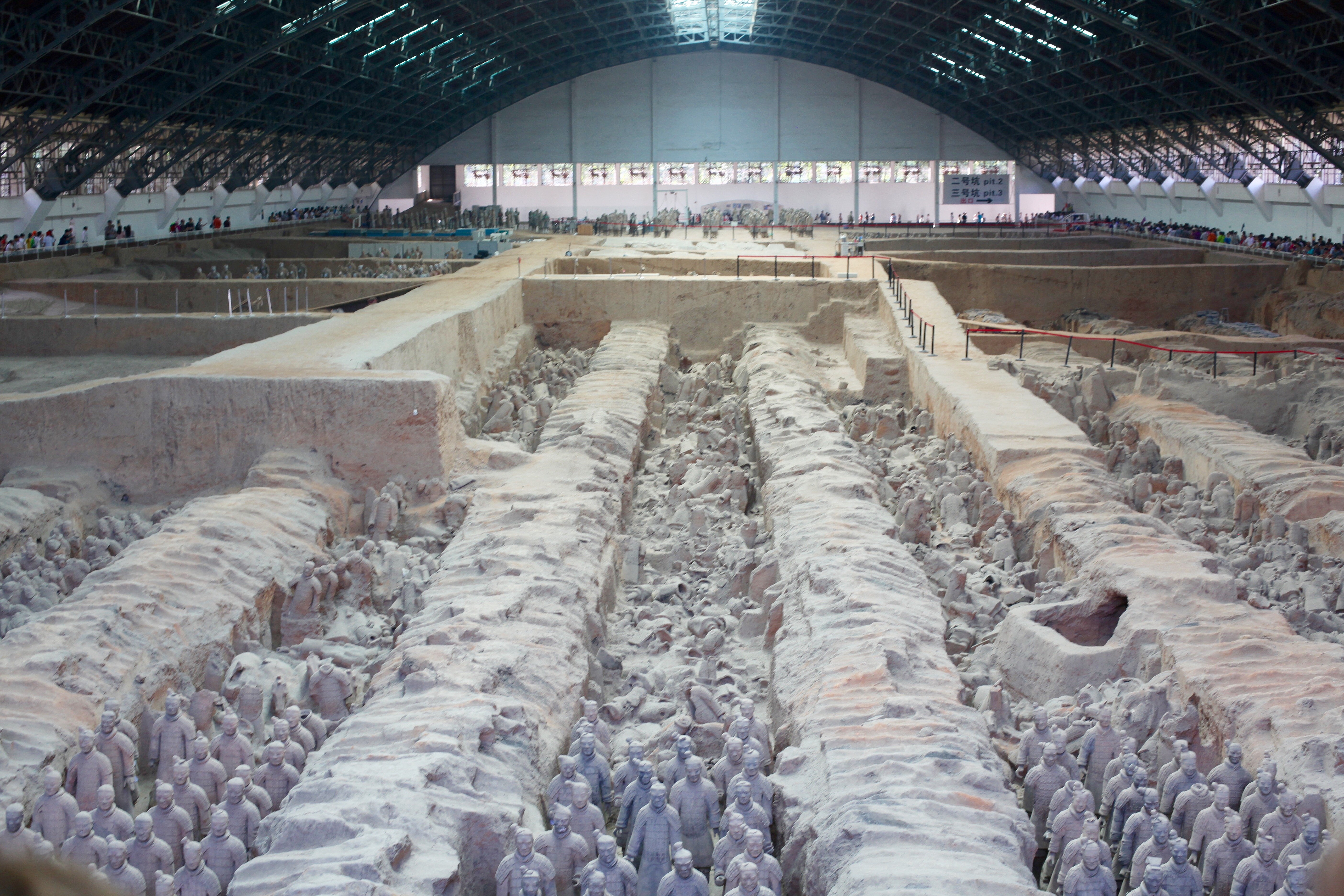
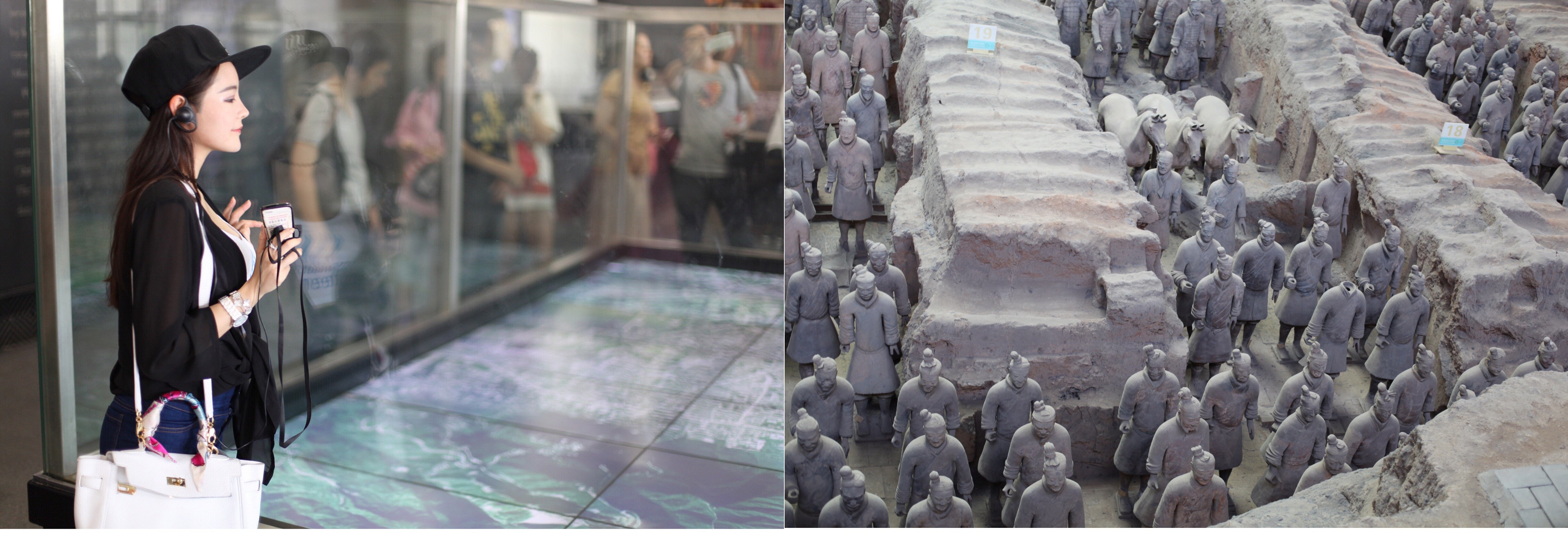
You may wonder if the Terracotta Warriors are real and not forged.. Well, lets go inside and take a look. The first thing I noticed when I walked in was how incredibly large the pits were. The total area of this pit is over 10,000 square meters, and is home to around 5000 terracotta warriors. The warriors themselves are each unique and vary in size and shape. The tallest warriors stand at nearly 2m tall. The place definitely gives a strong impression in its grand scale and magnificence.
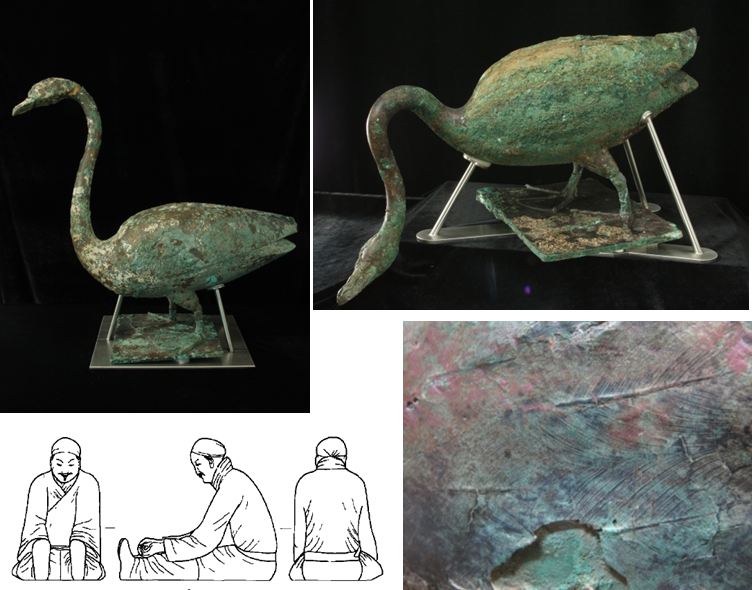
Source.
In the history of Chinese art, the Terracotta soldiers stand out for their realism and extreme attention to detail. This amazing feat of construction has no comparisons. Nothing comes close to the level of work put into these soldiers. In fact, a bronze swan was also discovered. On the left of it is a warrior, and on the right is the swan's feathers. With carbon dating, it is possible to determine the age of these objects.
The characteristics of the Terracotta Warriors fully reflect and comply with the historical records of their creation.
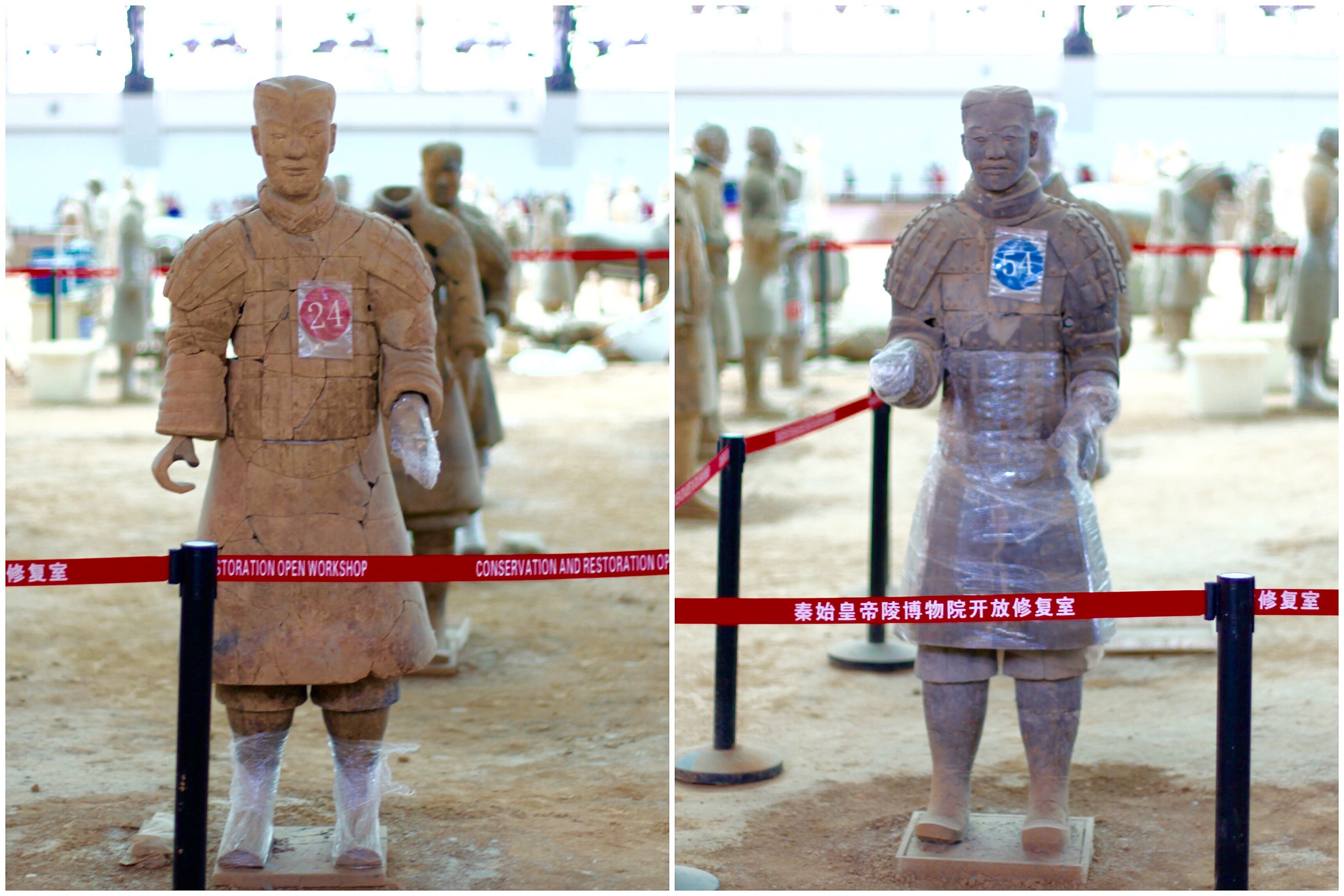
On these soldiers which are being restored, you can see the details of their armor which match with the descriptions of the armor used in those times.
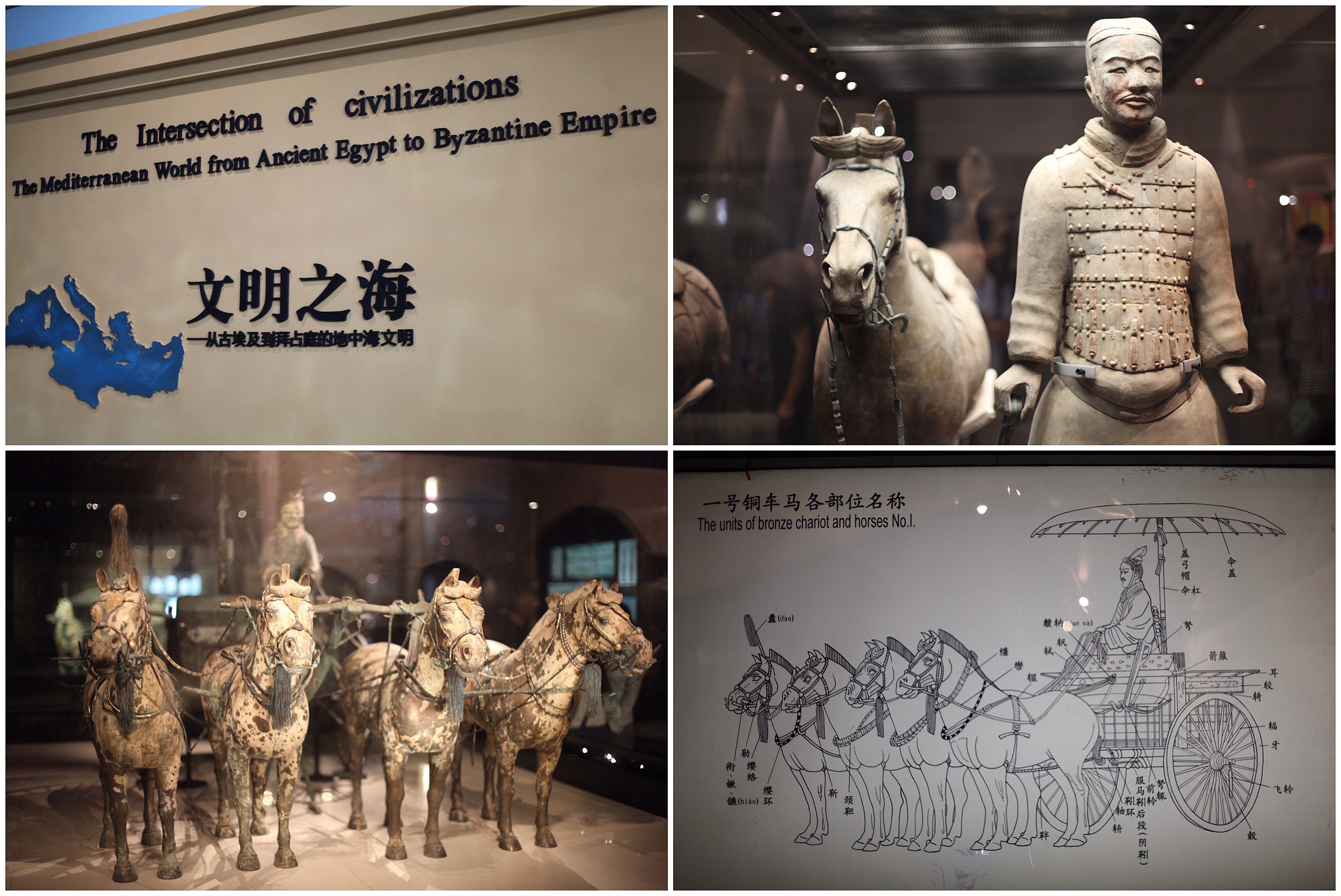
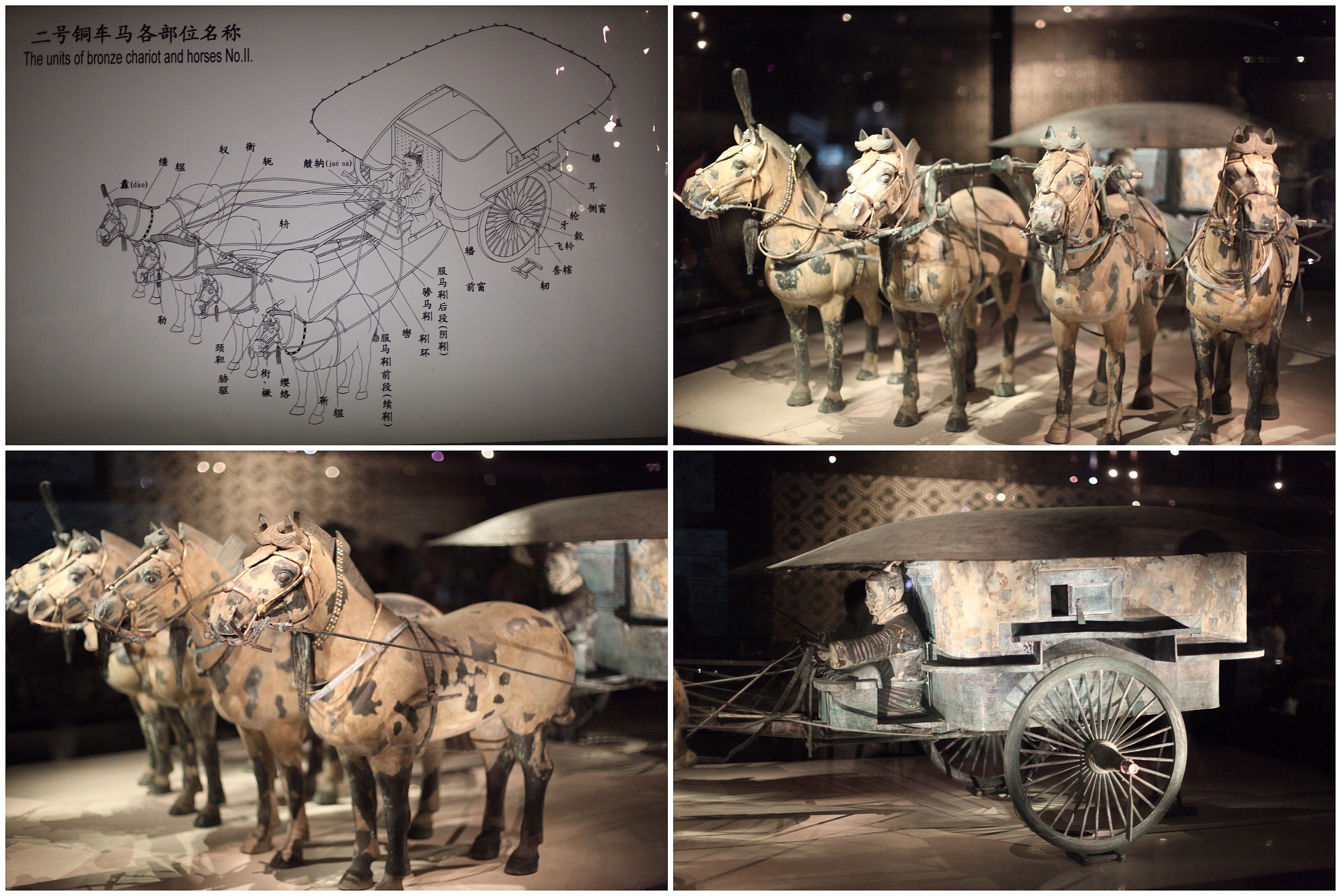
The saddlery and carriages also match the descriptions in historical records.
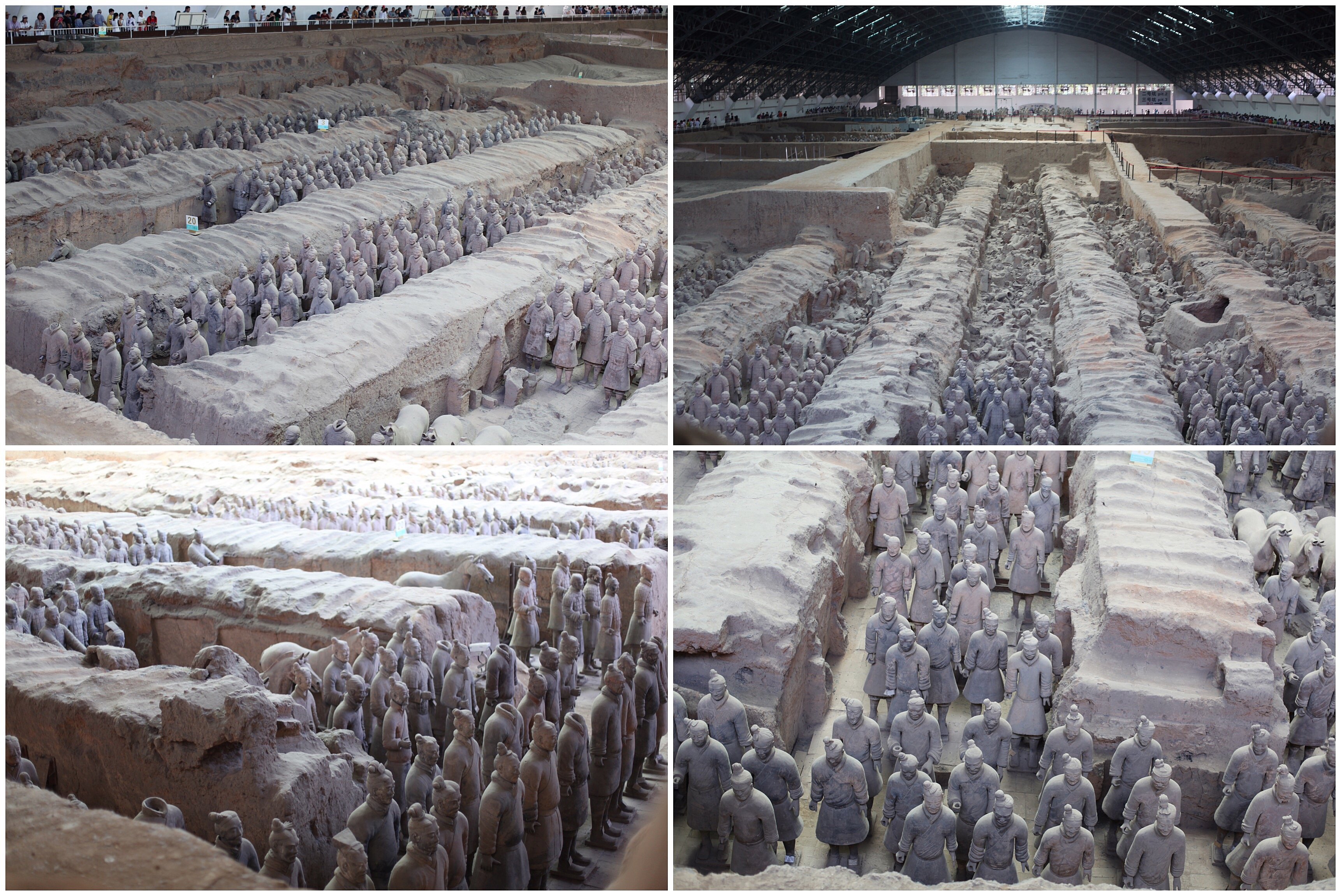
The formation of the soldiers are arranged exactly as expected according to historical records.
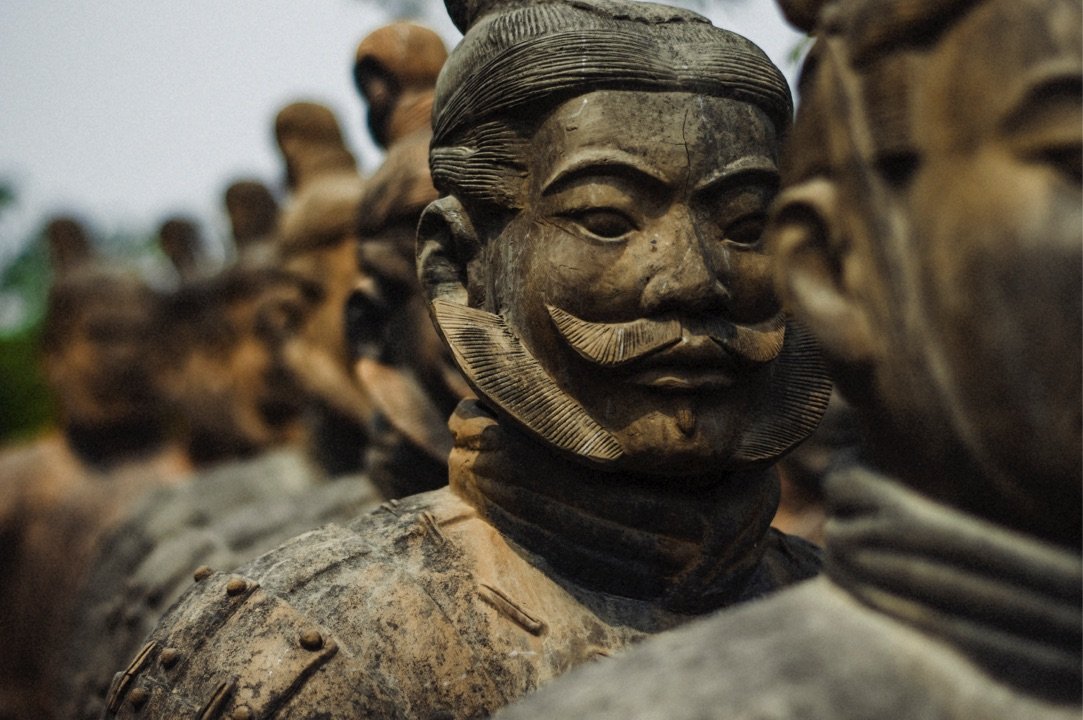
Source.
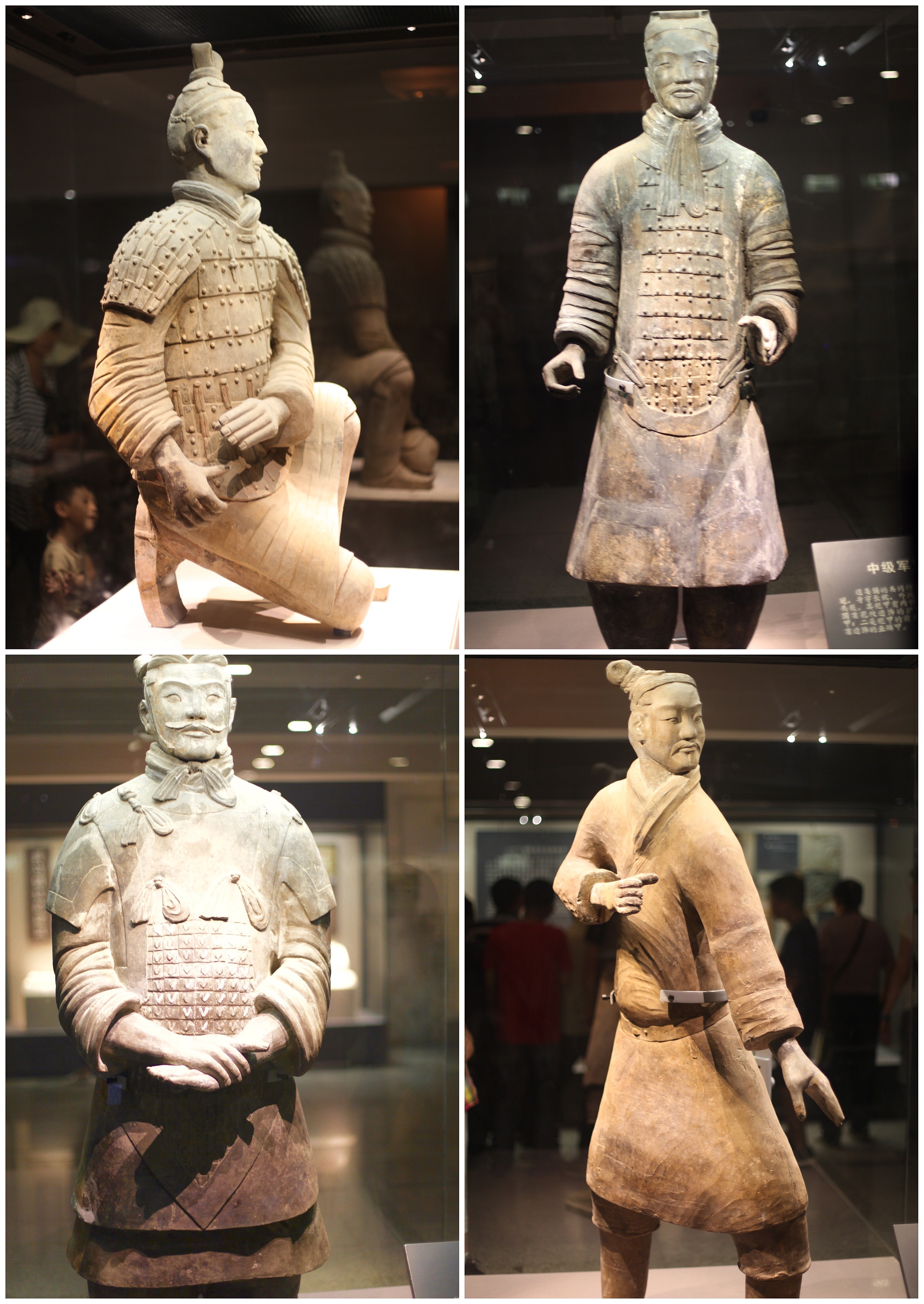
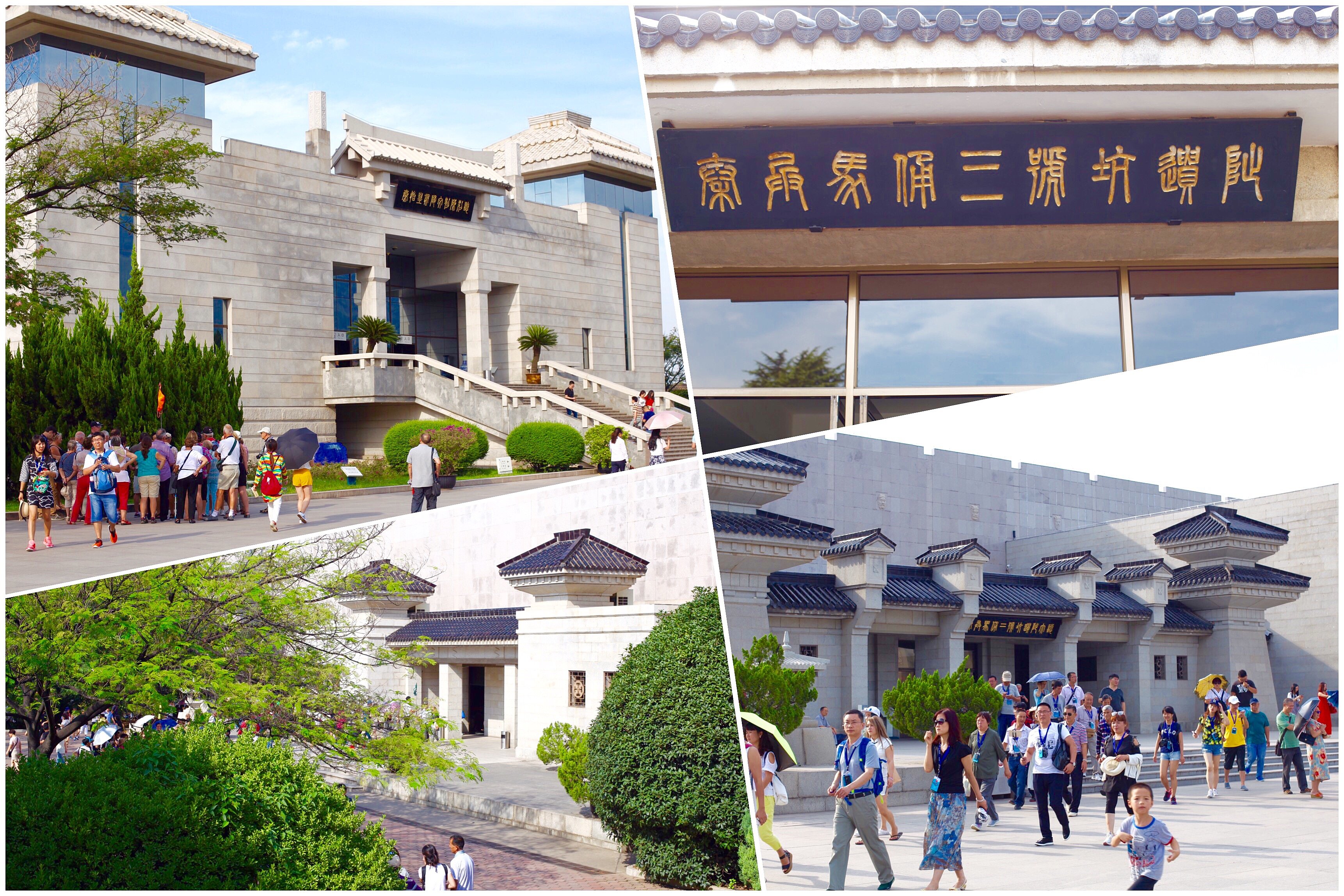
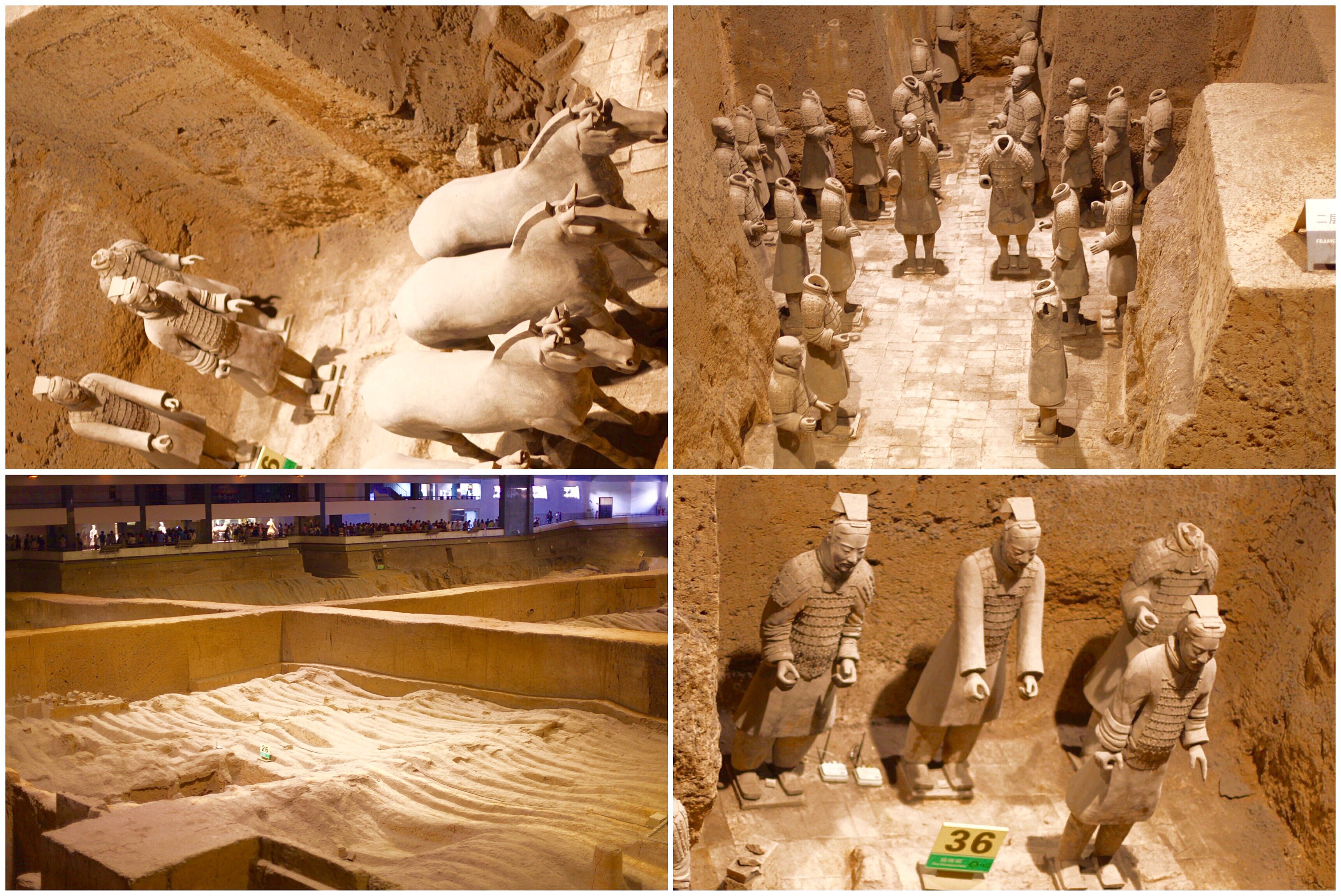
This is the museum built above the 3rd pit. With ongoing excavation works and new items being unearthed all the time, the discoveries continue to impress the world stage and is a testament to the achievements of the civilizations of mankind.
Tradition dictates that the emperor is buried with his most precious belongings (including people), why were people not put inside the Terracotta Soldiers and buried too?
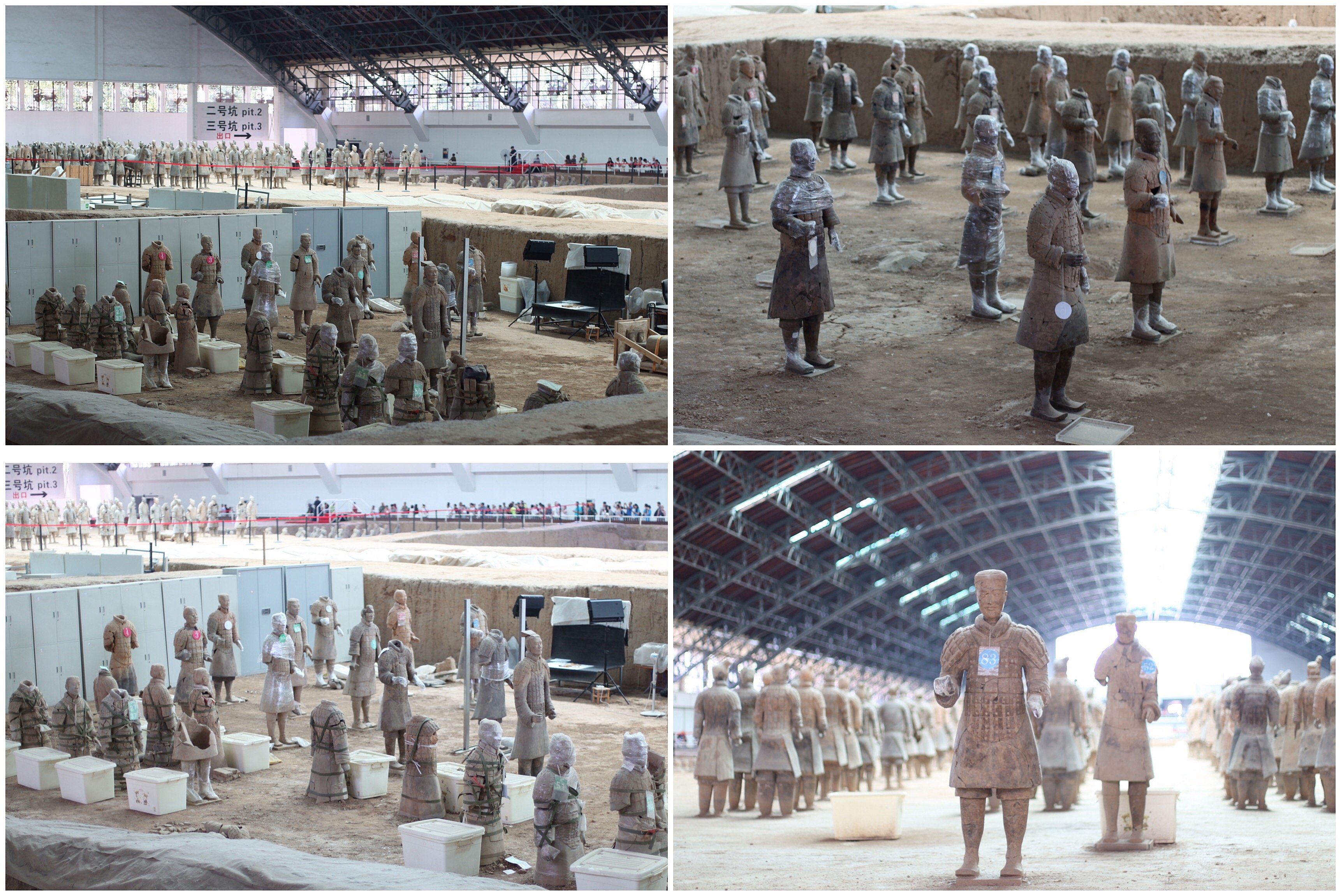
The burial of real people and horses was not unheard of in ancient times, it was even considered an honor to be at the Emperor's side in his afterlife. However, for Emperor Qin, the preservation of his tomb was of utmost importance, using terracotta allowed the statues to remain intact and more immune to decomposition, leaving behind precious heritage and wealth to future generations.
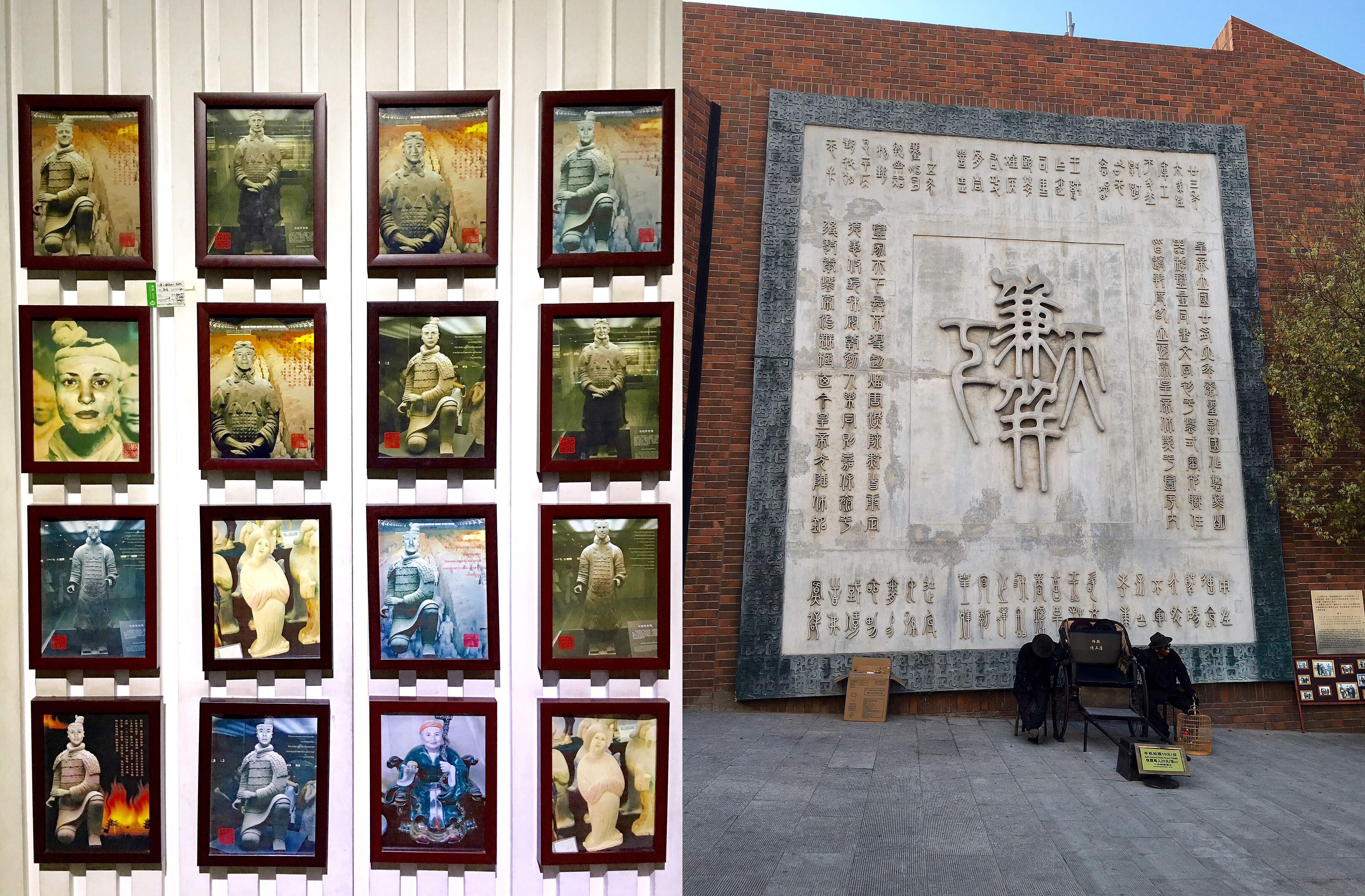
At the exit, you can see some creative photography where your face is photo shopped onto a terracotta soldier.

Here are some ancient style floor decorations on the route leading out from the museums.
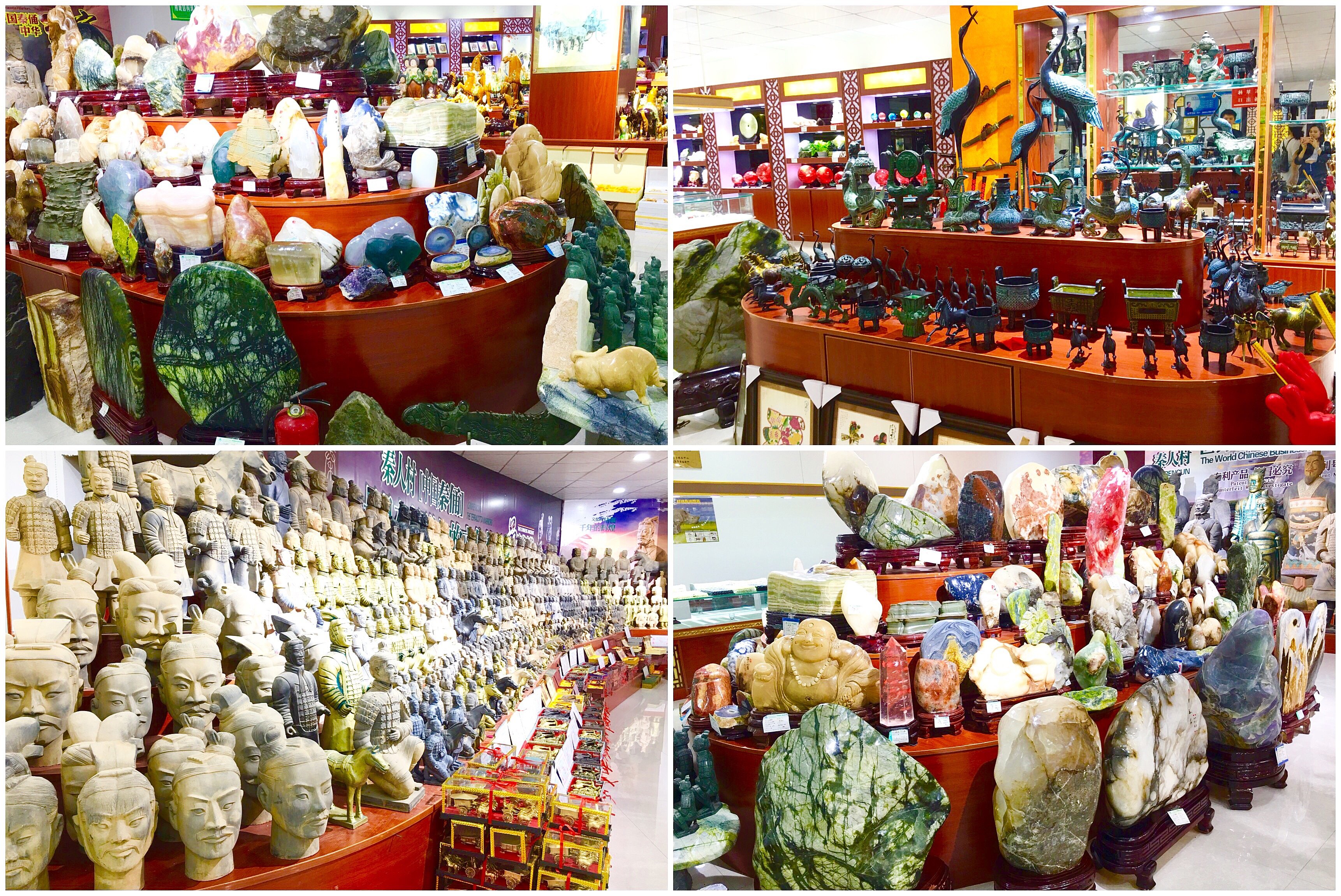
There is a whole street of souvenir shops as you leave the museum, here you can buy all sorts of Terracotta imitation statues as well as initiation Qin Dynasty Bronze statues.
亲爱的Steemit朋友们,今天世界第八大奇迹兵马俑也来宣传Steemit啦!也许你们听说过这样一句话 “不看金字塔,就不算真正到过埃及;不看秦俑,不算真正到过中国。” 今天我就带Steemit的朋友们一起去看看兵马俑。
为什么要挖古代帝王的墓?
秦始皇陵是中国秦朝皇帝秦始皇的陵墓,中国规模最大、布局讲究, 而且可以保存完好的帝王陵墓。由于目前中国的挖掘技术没有完全过关,所以并没有决定挖掘。而兵马俑位于秦始皇陵的外围,代表了兵将保护帝王。兵马俑从地下被搬到地上,是由于一次意外。。。1974年3月29日陕西旱灾,一位农民挖井打水时发现了一些兵马俑的碎片,兵马俑刚刚从土里出来时,兵俑衣服和武器颜色十分好看,像活灵活现的真人。然而受到空气氧化影响,几分钟内颜色就退去了。兵俑的颜料是个谜,专家分析为紫色硅酸铜钡,但这种物质在自然界中尚未发现。
从西安的市中心坐了30分钟车到达这里,我租了一个有定位功能的助听器(走到哪个景点它都会自动讲解),然后就迫不急到走进1号坑博物馆。
秦始皇兵马俑是仿制的吗?
你们一定会有这样的疑问?那就跟着我一起进去看看吧,里面的场面吓到我了,这个坑有1万多平米,5000多个真人比例大小的兵马俑,个子高的兵俑在2米左右,现场看非常的宏伟壮观。中国美术史里面,唯有秦朝兵马俑将写实的风格做到极致,前无古人后无来者。兵马俑是陶俑材质,是可以用碳14技术测出年代的。
盔甲形态,马具,兵马俑出土时的阵形都符合历史。从他们塑造秦兵威武的气质以及表情、动作的工艺推断,兵俑有着仿制品不能达到的高端技艺。这是最新的3号坑博物馆,如今还能挖出来一点东西,这也同样证明了兵马俑不是仿制的。
依照帝王陪葬的本意,兵马俑为什么没有把真人装在里面?
活体兵马容易腐烂,不能保持威严,使用陶冶烧制的陶俑代替,可以永久保护皇陵,因此泥制陶俑也拯救了很多兵马和殉葬者,并为后代留下了珍贵的文物和财富。
在出门的地方,可以看见创意照相的地方,把你自己ps在兵马俑上,非常好玩。经过这块漂亮纹路的地面,来到了纪念品中心,大大小小满满一屋子的兵马俑,秦朝的青铜制品,还有五彩缤纷的石头。
|
|
|
|
|
|
|
|
|
|
|
|
|
|
|
|
|
|


 >
>






















